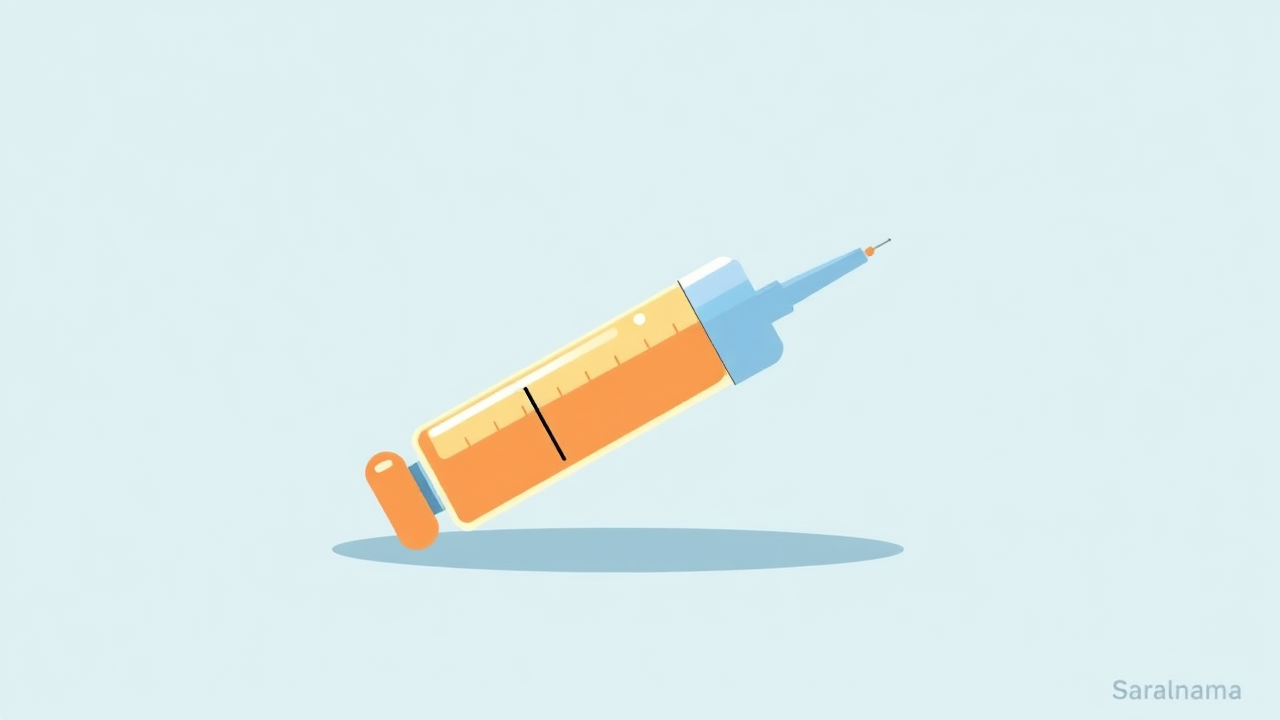A common question on online forums sparked a discussion about insulin therapy for people with elevated blood sugar readings. Medical experts explained that an HbA1c reading of 7.6 per cent indicates consistently high blood sugar over recent months, which can silently damage vital organs including the heart, kidneys, eyes, and nerves. Insulin becomes necessary when diet, exercise, or oral medications fail to control sugar levels adequately. Doctors emphasize that starting insulin is not a sign of failure but a protective measure to prevent long-term complications. Many patients resist insulin due to misconceptions, fear of lifelong dependence, or absence of immediate symptoms. However, specialists clarify that high blood sugar causes hidden damage even without noticeable symptoms. Insulin therapy may be temporary in some cases, and with consistent lifestyle improvements, some individuals can eventually manage without it. Proper education and communication with healthcare providers are essential for effective diabetes management.

Understanding the Need for Insulin and Addressing Patient Concerns
When blood sugar remains elevated for extended periods, it causes silent harm to blood vessels and organs, even if a person feels fine. An HbA1c reading of 7.6 per cent reflects poor blood sugar control over the past few months. Insulin helps protect the body when other treatments prove insufficient. Contrary to common fears, insulin is not always a lifelong requirement. Some patients can stop insulin after achieving control through healthy eating, regular physical activity, and weight management. Patients should openly discuss their concerns with doctors, ask about treatment goals, explore alternative therapies, and seek second opinions if uncertain. In cases with severe symptoms like nausea, vomiting, or ketones, immediate medical attention is crucial for safety and proper management.
Source: Link
